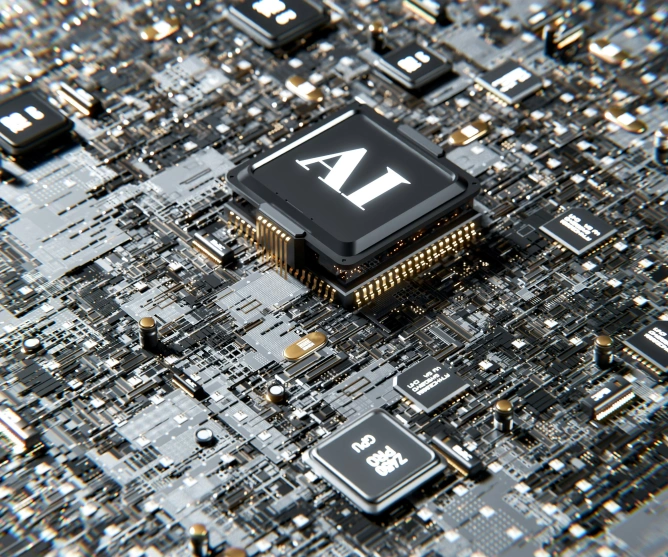14 October 16:14

Economy
sursa foto: unsplash.com
In an interview with Reuters, Gourinchas, an IMF official, highlighted the similarities between the speculation bubble of the 1990s related to the internet and the current boom in artificial intelligence (AI). Both periods led to record stock market capitalizations and capital gains, fueling consumption and inflationary pressures. Although technological promises may not meet short-term expectations, tech companies are massively investing in AI infrastructure without relying on debt, which limits the impact of corrections on the financial system.
Gourinchas mentioned that while investments in AI are significant, they only represent 0.4% of the US GDP, compared to 1.2% during the dot-com era. The impact on financial stability could be limited, but a correction in the AI sector could affect confidence and risk tolerance, prompting a reevaluation of assets. However, there are no significant direct links to debt, suggesting a relative stability in the financial system.
Gourinchas mentioned that while investments in AI are significant, they only represent 0.4% of the US GDP, compared to 1.2% during the dot-com era. The impact on financial stability could be limited, but a correction in the AI sector could affect confidence and risk tolerance, prompting a reevaluation of assets. However, there are no significant direct links to debt, suggesting a relative stability in the financial system.
Sources

Boom-ul investițiilor în inteligența artificială ar putea duce la fluctuații semnificative pe burse, dar nu la o criză sistemică urmată de prăbușirea economiei americane, susține economistul șef al FMI

Boom-ul investiţiilor AI ar putea duce la turbulenţe bursiere, dar nu la o criză sistemică (economistul şef al FMI)

IMF says AI investment bubble could burst, comparable to dot-com bubble







.webp)













